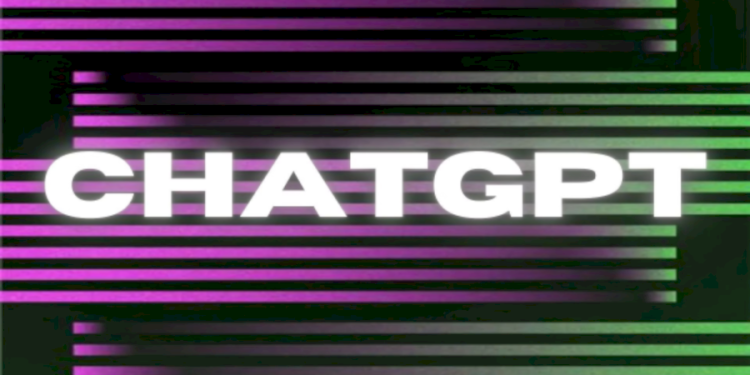With ChatGPT and its contemporaries, research has found a powerful ally in generative AI that has progressed beyond its initial state as a basic language model. Its applications are widespread and are changing how scientists conduct research, assess their data, and communicate their findings. This article highlights ChatGPT’s and generative AI’s ten applications and shows how much they have contributed to knowledge growth. A new era of efficiency and creativity in research is being ushered in by AI-driven capabilities, which can automate literature reviews, enhance data analysis, generate original hypotheses, and assist with report production.
- Automated Review of Literature
A research project’s foundation is the literature review, which necessitates a thorough examination of previously published scholarly works. This is revolutionized by ChatGPT, which condenses and summarizes important ideas from a large body of literature. With AI producing succinct summaries and locating relevant sources, researchers may now expedite the preliminary phases of their research and save a great deal of time and effort. - Analysis and Interpretation of Data
Complex datasets are easily processed and interpreted by generative AI models. Researchers can use ChatGPT’s features to analyze unprocessed data and find important patterns, trends, and correlations. Wide-ranging uses of this feature enable data-driven decision-making in a variety of industries, including the social sciences, finance, and healthcare. - Formulation of Hypotheses
By making recommendations for study questions and hypotheses based on available data and literature, ChatGPT adds a creative element to research. This influx of novel concepts motivates scholars to investigate novel strategies and perspectives. Within the research community, generative AI actively fosters an exploration-based culture. - Automated Report Composing
Reporting on research frequently involves tedious and time-consuming duties, particularly in the technical and scientific sectors. This procedure is streamlined by ChatGPT, which expertly creates organized reports, summarizes results, and even formats citations. By refocusing on the important components of their research, researchers can increase productivity and efficiency. - Localization and Language Translation
In this day of international cooperation, language can be a powerful obstacle. The multilingual capabilities of generative AI are a driving force behind overcoming these constraints. ChatGPT specializes in translating documents and research papers, promoting global collaboration and the smooth transfer of knowledge across linguistic barriers. - Content Creation for Public Relations
A key element of disseminating research is effective outreach. To share their findings with a wider audience, researchers frequently write newsletters, blog posts, and social media updates. By producing interesting articles, infographics, and other outreach materials, generative AI provides assistance. - Idea Expansion and Brainstorming
ChatGPT turns out to be a really helpful brainstorming companion, providing fresh concepts, approaches, and possible lines of inquiry. Researchers that interact dynamically with the model find themselves in a stimulating atmosphere that stimulates their creativity and idea generation, which in turn enriches their research endeavors. - Automated Prototyping and Coding
Generative AI is quite helpful for computer science and engineering researchers when it comes to prototyping and coding. The ability of ChatGPT to provide code snippets, debug issues, and support software development speeds up the implementation stage of research projects, simplifying a procedure that is frequently laborious. - Modeling and Simulation
The ability of generative AI to create realistic scenarios and models greatly enhances research on simulations and models. ChatGPT helps researchers test various situations and refine ideas more effectively by creating synthetic data that mimics real-world conditions. - Legal and Ethical Interpretation
Research pursuits can overlap with ethical and legal problems. ChatGPT evaluates whether research projects adhere to rules and regulations, offers legal advice, and sheds light on moral conundrums. This is especially relevant in domains like bioethics and law, where negotiating intricate moral and legal environments is an essential component of scientific inquiry.









